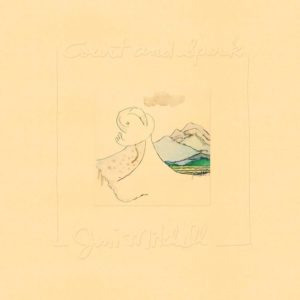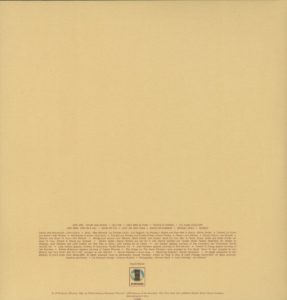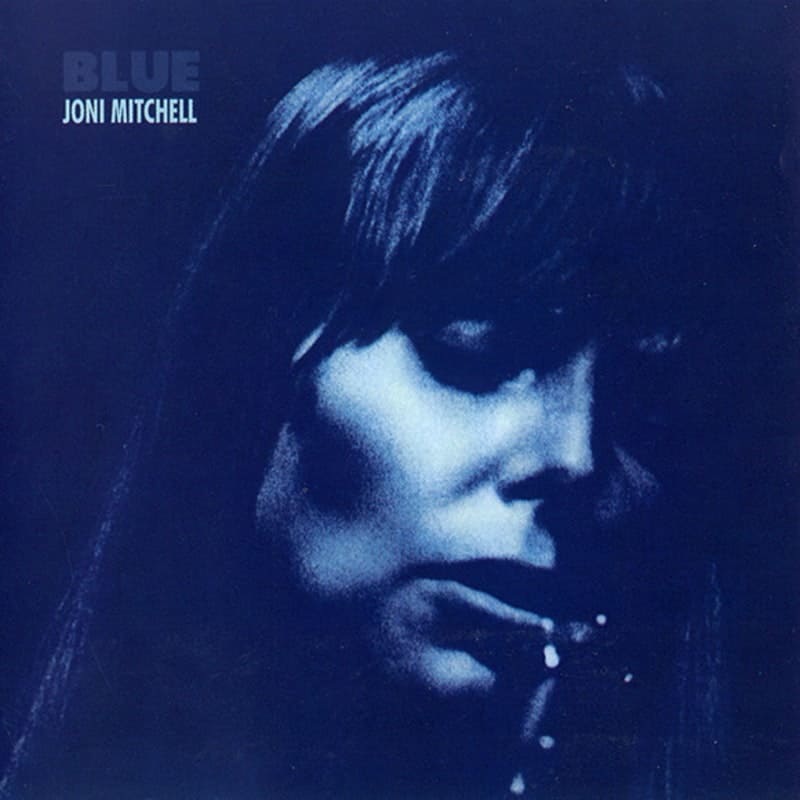Marketplace
2009 Rhino Records PRESSING
- Catalog Number R1 1001
- Release Year 2009
- Vinyl Mastering Engineer Chris Bellman
- Pressing Weight 180g
- Jacket Style Gatefold
- 100% Analog Mastering Yes
When listening to this album I think of this band or music:
It’s seemingly impossible to hear this album without thinking of Steely Dan and Rickie Lee Jones.
I would listen to this album while:
I’d listen to this album while looking out of a picture window at a city skyline at night.
Music from this album would be a great soundtrack to:
Court and Spark would make a great soundtrack for any of Don Draper’s trips to California during “Mad Men.”
Unless you’re a hipster looking back through a particularly ironic rearview mirror, you’ll likely concede 1974 was a very silly time for pop culture. For every Diamond Dogs or Band on the Run, hundreds of songs such as “Billy Don’t Be a Hero” as well as some of the most awful television shows ever produced appeared. All of which helps make Joni Mitchell’s Court and Spark an important album. While the rest of the world competed for the widest bell bottoms or longest lapels, Mitchell left the safety of her cozy Laurel Canyon for the urban glare of L.A. to find out whether jazz—America’s least silly music—might lead her out of a creative valley. She took a big risk by using session bands like the Jazz Crusaders and Tom Scott’s L.A. Express. While the decisions could have resulted in a half-baked fusion album, under Mitchell’s firm hand, Court and Spark remains a jazz-infused, existential cocktail that stands the test of changing fashions.
Listen to “You Turn Me on I’m a Radio” from the singer’s 1972 set For the Roses, and it’s easy to hear her already itching to break away from the acoustic guitar-chord fences of her earlier work. Court and Spark also doubles as Mitchell’s first electric album, and it’s far more elaborately produced than her previous efforts. The lyrics draw sketches of characters as opposed to focusing on the naked, self-confessions heard on Blue. From the brief encounter with a street musician depicted on the opening title track to the collage of characters in “People’s Parties,” Mitchell uses distance to provide context that makes the material as nuanced as the myriad layers of instrumentation.
One of the highest compliments anyone can pay to a remaster of a classic album is that it brings them closer to the soul of the original recording. That’s exactly what Chris Bellman at Bernie Grundman Mastering does with the original analog tapes and cutting of this lacquer. The instruments are more realistic all the while without coming across as hyper-detailed. Compared to the very fine original pressing of Court and Spark, mastered by Grundman, Rhino’s reissue removes the grit and grime of age. The upshot: An even more present recording.
The artwork looks clean and would be identical to the original were the color of the reissue not a paler shade of yellow. In addition, RTI’s pressing would garner a higher rating save for a particularly annoying 20 seconds of loud surface distortion that mars the opening track on my review copy.
Court and Spark



 4.5
4.5
